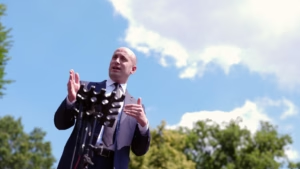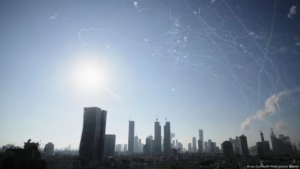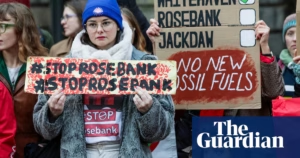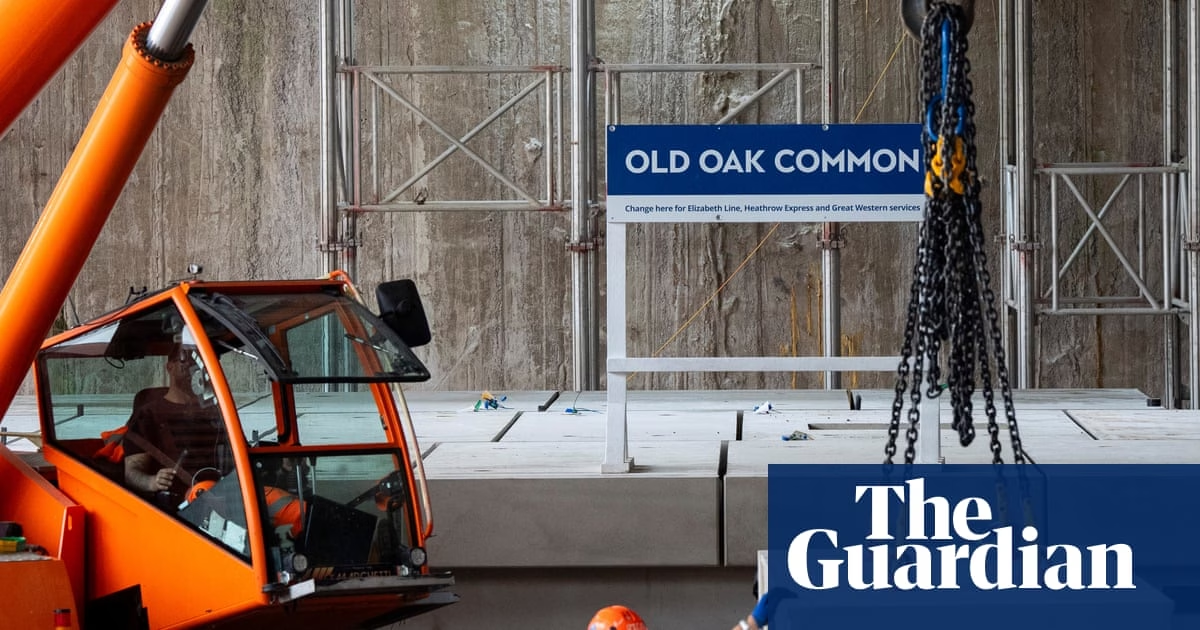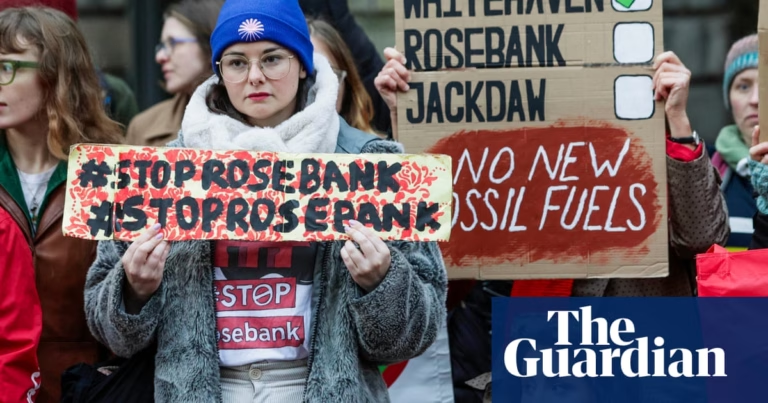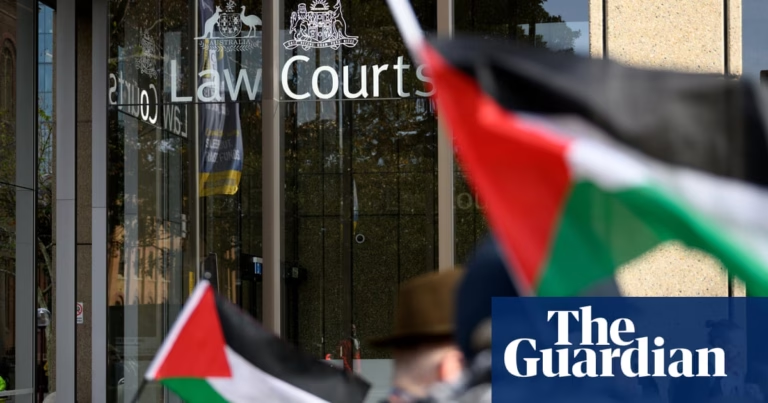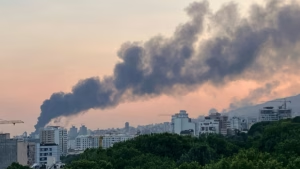<
div>
Good morning. In 2009, I honestly thought it was quite likely that I’d see England win the World Cup in my lifetime. Maybe even by the time I reached the grand old age of 40. In the same year, the Labour government announced HS2, and said that the first phase, from London to Birmingham, would open by 2026. Well, it’s 2025 now, I’m 41, England have just lost 3-1 to Senegal, and yesterday HS2 had its expected completion date pushed back from 2033 to … we’ll get back to you on that.
By now, it is almost impossible to keep the endless setbacks to the UK’s flagship major infrastructure project straight in your head. But yesterday’s announcement is genuinely significant. On one hand, it reflects years of catastrophic mismagement, and an even longer wait for the hotly debated benefits of the line to start to be realised. On the other, Labour would like you to believe they are taking a more realistic view than their predecessors, and finally getting a grip on costs that have spiralled further and further out of control.
So what’s actually changed – and is this thing ever going to get built? For today’s newsletter, I spoke to Guardian political correspondent Kiran Stacey about the prospects of turning a white elephant into a crown jewel. Here are the headlines.
Five big stories
Middle East | Donald Trump has suggested it would make sense for the US to launch strikes against Iran only if bombing was guaranteed to destroy the Fordow uranium enrichment facility, according to people familiar with the deliberations. The sources said he has held off authorizing strikes to see if Iran is prepared to enter talks.
Protest | Universities in England will no longer be able to enforce blanket bans on student protests under sweeping new guidance from the Office for Students. The regulator also advises administrators not to apply prolonged bans on protest encampments over the Israel-Gaza conflict.
Gaza | Eleven Palestinians were killed early on Wednesday morning after Israeli forces opened fire on a crowd waiting for food trucks in central Gaza, civil defence officials said. The deaths bring the toll at food distribution sites in recent days to more than a hundred.
Health | Air pollution in the UK is costing more than £500m a week in ill health, NHS care and productivity losses, and killing more than 500 people a week, doctors have said. The Royal College of Physicians said that 99% of the population are breathing in “toxic air”.
Air India crash| The sole survivor of the Air India crash helped carry his brother’s flower-heaped coffin to a crematorium in the western Indian coastal town of Diu, days after they plummeted into the ground shortly after takeoff.
In depth: ‘It would be more cost-effective to fix every pothole in the country’
It’s not possible here to give a comprehensive recap of HS2’s winding road from gleaming futuristic ambition to nightmarish money pit, but we can at least run through the broadest outlines. When it was first announced 16 years ago, the plan was to release capacity on existing commuter lines, drastically reduce journey times, boost the northern economy through better connections to the capital, and shift passengers away from cars and flights.
But – as Nils Pratley sets out in this column – Peter Mandelson later revealed that the cost estimates even then were “almost entirely speculative”. In the years since, costs have risen and risen, and the completion date has fallen further and further back. (Gwyn Topham has a useful timeline here.) In 2021, the north-eastern leg of the line that was to run to Leeds was scrapped; and in 2023, Rishi Sunak scrapped the western leg due to run from Birmingham to Manchester, reallocating some money to regional transport schemes but undermining the case that HS2 would be good value as an investment.
Now, amid widespread consensus that the government’s timeline and budget for what remains of the project were unrealistic, transport secretary Heidi Alexander (pictured above) has announced that the current schedule is undeliverable. She also said that when the line does open, it may initially have to run at slower speeds than expected to prevent further delays.
But there are still major questions about what happens next, with Alexander saying that she would give an update on costs and deadlines before the end of the year. “This was supposed to be the complete reset moment: here’s the new date, here’s the cost, and we’re going to stick to it,” Kiran Stacey said. “But they aren’t quite there yet.”
Why has the project been delayed again?
Alexander’s announcement yesterday is not really news to anyone watching HS2 closely: “The industry was fully expecting another delay,” Kiran said. In that sense, the announcement does not represent a change so much as a recognition of reality. In 2023, the Infrastructure and Projects Authority said that “Successful delivery of the project appears to be unachievable”.
Last year, the new chief executive of HS2 Ltd, Mark Wild, told MPs that to have any hope of breaking the cycle of overspending, it would take until at least 2026 to set out a new “baseline programme”, ensuring that parts of the work are efficiently synchronised. The National Audit Office similarly concluded that it was now necessary to “take the time needed to properly reset” in order to “deliver value for money from the programme”. There is also a need to rewrite contracts so that contractors are incentivised to work more quickly.
Another part of the problem has been that successive prime ministers – and, as you will recall, we’ve had quite a few of them – have had their own visions of how HS2 should work. “This is a big shiny thing prime ministers want to put their imprint on,” Kiran said. “Meanwhile, the Treasury has always thought it’s a waste of money. So it has always been vulnerable to political change.”
Why has the cost gone up?
When HS2 was first announced, the cost was expected to be about £37.5bn, in 2009 prices. The most recent estimate put the price at £80bn in 2024 prices; now the government says that a more realistic figure at current prices is £100bn. And remember that that is for a much less ambitious route than was originally planned.
That astonishing shift is partly due to factors beyond the government’s control, and partly due to straightforward mismanagement. “The inflation of the last few years has just made everything harder,” Kiran said. “Sourcing materials is more expensive. But there have also been things that were clearly handled poorly.”
Alexander yesterday sought to blame much of that on mismanagement by previous Conservative governments, saying that billions have been wasted in “constant scope changes, ineffective contracts and bad management”. One striking example is the decision to commission two sets of designs for a new station at Euston, at a cost of more than £250m, only to then scrap them both. And under Boris Johnson, the government continued to sign contracts despite being advised by an independent review not to.
In his evidence to MPs last year, Wild said that construction started “way too early”, without the necessary design and planning approvals in place.
Projects like this are always expensive, of course – but the UK does appear to be particularly bad at them. Labour says this is partly because of onerous planning processes. In 2018, a government study found that high speed rail generally cost about £32m a kilometre around the world; even then, phase one of HS2 was budgeted to come in at about £250m per kilometre. It has roughly doubled since then.
What are the arguments for pressing on?
<
p class=”dcr-16w5gq9″>Almost nobody thinks the current plan is ideal: advocates of HS2 tend to think the project would be far more worthwhile if the northern legs of the line remained intact. But even now, they say, the extent of the work already done means that it would be foolish to simply give up. As delayed as the
Source: https://www.theguardian.com/world/2025/jun/19/thursday-briefing-hs2s-never-ending-journey-continues-as-labour-push-back-the-100bn-project-again
